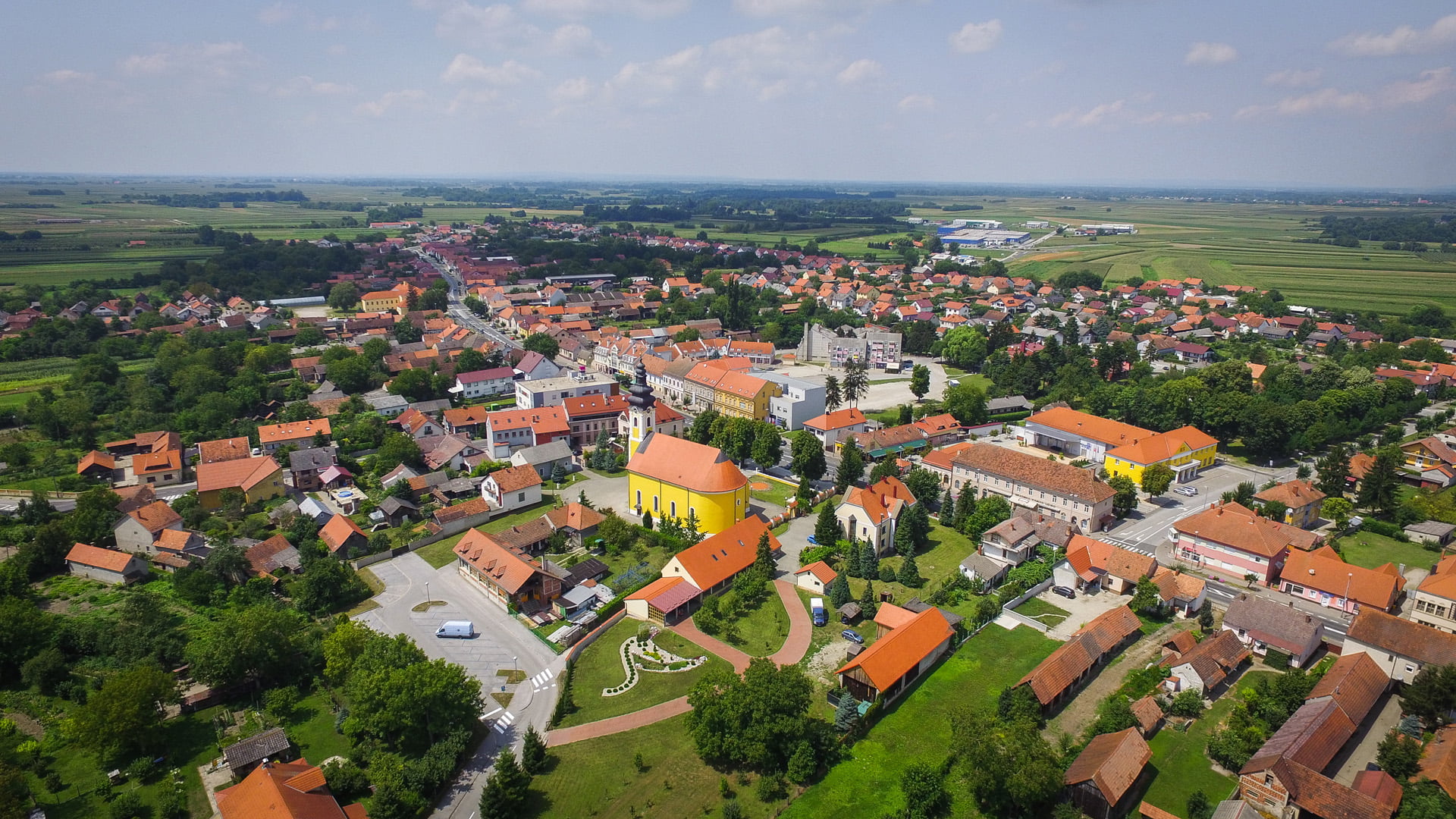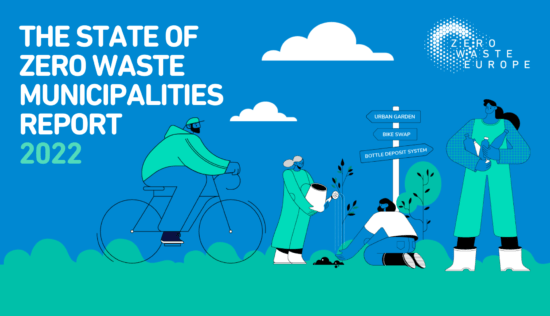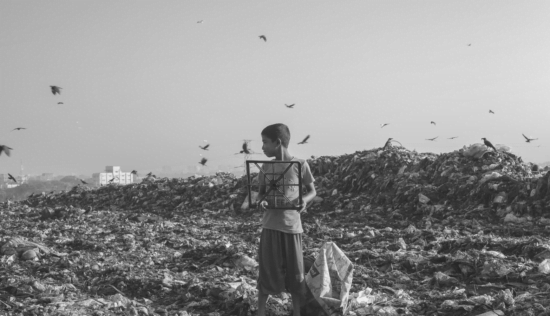Today, Zero Waste Europe together with Zelena akcija / Zero Waste Croatia release its new Cities and Communities Case Study, on the city of Prelog in Northern Croatia and its waste management company PRE-KOM. This case study is part of a collection of best practices where Zero Waste Europe displays change-making initiatives, led by cities and communities, that are challenging and transforming current waste management and prevention models to inspire change across Europe and beyond.
While Croatia’s recycling is slowly improving, reaching up to 25,3% in 2018, the city of Prelog and its neighbouring municipalities have seen a sharp increase in its separation collection rate, going from 22% and 57,5% between 2014 and 2019. Among what is left, a small share goes to a reuse center leaving only 70 kilograms of residual waste to be produced per capita per year.
The case of Prelog shows that municipalities can quickly reach and go beyond European Union objectives for recycling. The EU is now thinking about setting further targets on reducing residual waste and this case provides good evidence that such targets are attainable – Pierre Condamine, Waste Policy Officer at Zero Waste Europe.
Prelog’s success is due to the efficient system developed by PRE-KOM – the waste management company – which includes door-to-door collection and Pay-As-You-Throw, the building of local infrastructures and the collaboration with Zero Waste Croatia. All in all, the system led to a cost decrease for the citizens while being profitable for Pre-Kom through the sale of recyclables.
This shows that adopting zero waste practices is not only good for the environment but also very profitable for the people and the economy. With the right ambition and its corresponding measures, medium-sized cities across Europe can easily reach high results – Jack McQuibban, Cities and Communities Coordinator at Zero Waste Europe.
Since the beginning of the project, 11 municipalities joined PRE-KOM waste management system, of which 10 display some of the highest performances in Croatia. Yet, the path is not over and PRE-KOM intends to go further by acting on waste prevention through food donation programs or plastic-free institutions.
Learn more about how and why PRE-KOM developed such an effective system here.





